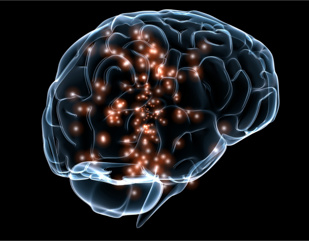Event Location

Our group has a long-standing research program concerning the use of genetics as well as biochemical and behavioral approaches in the study of neurodegeneration with a focus on the human disease SpinoCerebellar Ataxia type 1 (SCA1). In collaboration with Huda Zoghbi at Baylor, we cloned the SCA1 gene - the first genetically defined ataxia. We went on to establish the first transgenic mouse model of a polyglutamine disease. This model is the center of continued studies on the normal function of the SCA1 gene product, ataxin-1 as well as the SCA1 pathogenic process. Our work is among the first to indicate that regions/residues outside of the polyQ tract are critical for disease. Identification of molecular pathways involved in neurodegenerative disease can be a significant aspect in development of efficacious targets for intervention. We are focused on two signaling pathways each having distinct but seminal roles in SCA1, phosphorylation of ATXN1 at Ser776 and activation of Cck1Rs to dampened Purkinje cell dysfunction/degeneration in SCA1 and other SCAs as well as pursuing approaches to understand molecular differences between SCA1 pathogenesis in the cerebellum (ataxia) with disease in the medulla (lethality). Harry T. Orr, Ph.D. Laboratory Medicine and Pathology Professor Institute for Translational Neuroscience Director

